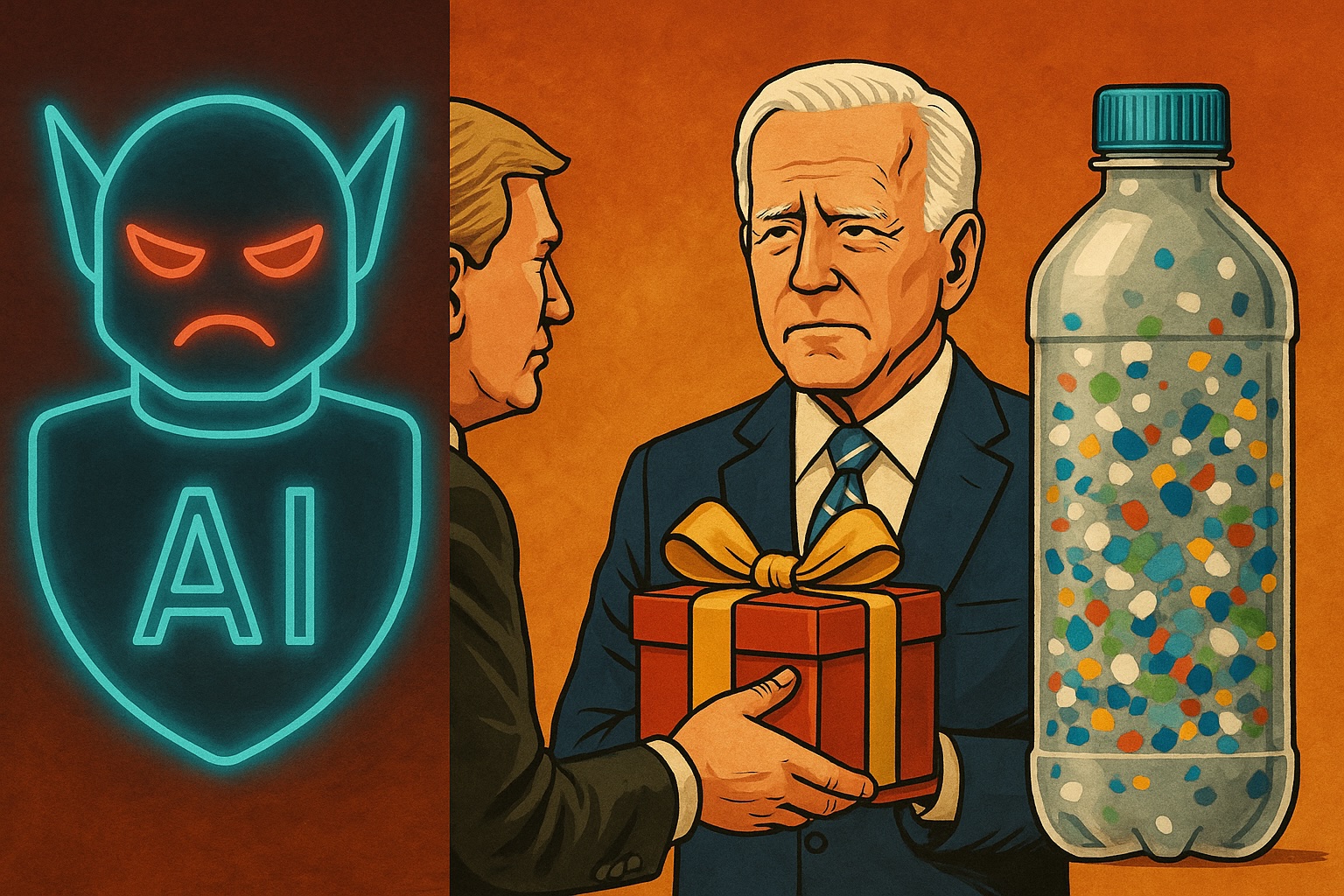Let’ pull back the curtain on some of the industry’s most pressing issues. We saw a massive user revolt against a next-gen AI, a revealing look at the high-stakes relationship between tech giants and politics, and a startling discovery about a common household product. Let’s break down what these trends really mean.
The People vs. Big AI: ChatGPT’s Rocky Upgrade
The tech community was buzzing with discontent as thousands of ChatGPT users voiced their frustration over what they’re calling the GPT-5 upgrade. The sentiment is clear: the new version is being described as a significant step backward. Users on Reddit are reporting issues with logic, creativity, and overall performance, sparking a debate about whether the push for rapid AI evolution is coming at the cost of quality and reliability. This isn’t just about a buggy release; it signifies a potential disconnect between AI developers and their user base. When you build a tool that millions rely on, any perceived downgrade can feel like a betrayal of trust. This backlash is a critical reminder that in the world of AI, user experience is king, and even the biggest names aren’t immune to public criticism. Read the full article.
Apple, Trump, and the Politics of Manufacturing
A fascinating story surfaced detailing Apple’s strategic relationship with the Trump administration, centered around a $100 billion commitment to U.S. manufacturing. The symbolic centerpiece was a ‘Made in USA’ glass plaque, mounted on 24-karat gold, gifted to the former President by CEO Tim Cook. This development is more than just a corporate gift; it’s a masterclass in corporate diplomacy. It highlights the immense pressure tech giants face to align with national political agendas, particularly concerning domestic job creation and supply chains. For Apple, it was a strategic move to navigate tariffs and maintain a favorable relationship with the White House. This is a stark illustration of how modern technology companies are not just innovators; they are major political players on a global stage. Read the full article.
The Hidden Cost of ‘Magic’ Cleanliness
In a surprising twist of material science, those popular magic cleaning sponges have been found to have a dark side. Research has revealed they release trillions of microplastic fibers into our water systems. These sponges, made of melamine foam, work so well because they’re an incredibly fine abrasive. However, that same structure breaks down easily, shedding microscopic particles with every use. This is a powerful, and concerning, example of the unintended consequences of innovation. A product designed for convenience and efficiency is contributing to a massive environmental problem. It forces us to ask tougher questions about the entire lifecycle of the products we use, from creation to disposal, and underscores the urgent need for more sustainable material science. Read the full article.
From user revolts in the digital world to the environmental impact of our physical tools, this week’s trends show that technology is never simple. It’s a complex ecosystem where innovation, user satisfaction, political maneuvering, and environmental responsibility are constantly intersecting. The key takeaway is that progress in one area can often reveal challenges in another, and it’s our job to pay attention to the whole picture.

